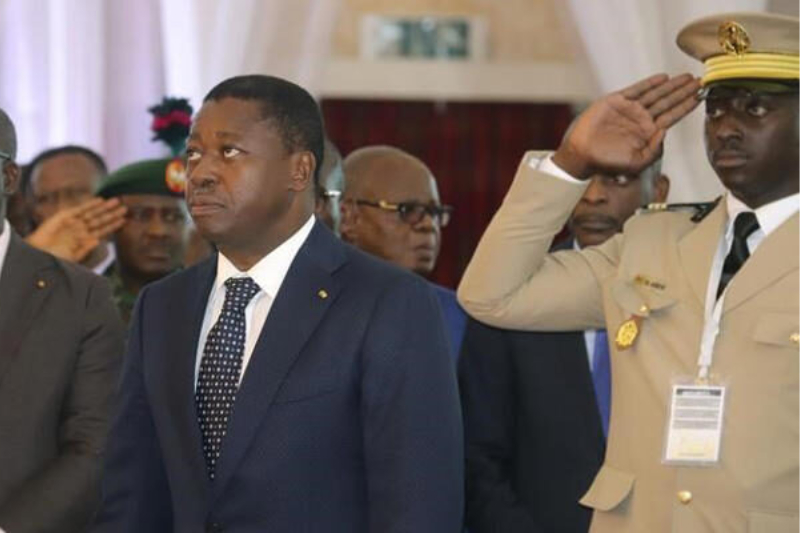Sanctions were lifted to ease humanitarian suffering and encourage negotiations.
ECOWAS announced on Saturday the lifting of travel, commercial, and economic sanctions on Niger, which were initially imposed in response to the coup carried out in the country last year. A humanitarian motive led to the decision to lift these sanctions in order to lessen the suffering of the Niger population. However, targeted individual sanctions and political sanctions shall remain in effect, signaling ECOWAS’ willingness to engage with Niger’s leadership to seek a peaceful resolution.
ECOWAS confronts grave existential threats and calls for unity.
The ECOWAS bloc, established 49 years ago, currently faces significant challenges, including the potential disintegration of the regional alliance and a surge in coup activities motivated by discontentment with elected governments’ performance. During the summit held in Nigeria’s capital, Abuja, Nigerian President Bola Tinubu highlighted the importance of upholding constitutional order, preserving democratic principles, and promoting the overall well-being of citizens in the region.
Keep Reading
Reflecting upon the departures of Mali, Burkina Faso, and Niger from ECOWAS
An essential topic addressed at the summit was the recent decision by Mali, Burkina Faso, and Niger to withdraw from ECOWAS due to what they perceived as “inhumane sanctions.” This unprecedented move poses a threat to the unity of the bloc, which has served as the primary political and economic authority in the region since its establishment in 1975. The leaders of ECOWAS member states, including President Tinubu, emphasized the need for these countries to reconsider their decision and view the organization as a collaborative partner rather than an adversary.
Tackling regional challenges and coup dynamics for stability
The summit also focused on reviewing the stringent sanctions imposed on Niger and seeking comprehensive solutions to the multifaceted challenges faced by the broader Sahel region. Islamic extremists and rebel groups have increased violence in the Sahel, a vast and arid region south of the Sahara Desert, which has led to a number of military coups in West African countries. The leaders behind these coups have cited the failure of governments to provide adequate security and governance as the rationale for their actions. This pattern of coups has contributed to regional fragmentation and division within West Africa.
The recent decision by ECOWAS to lift sanctions on Niger signifies the bloc’s commitment to fostering dialogue and resolving conflicts amidst the regional crisis. As ECOWAS grapples with potential disintegration and an upsurge in coup activities, the summit underscored the significance of upholding democratic principles, prioritizing citizens’ well-being, and reassessing approaches to maintaining constitutional order within member states.
By addressing the challenges faced in the Sahel region and promoting unity among ECOWAS member states, sustainable solutions can be pursued to ensure stability and development across the region.

